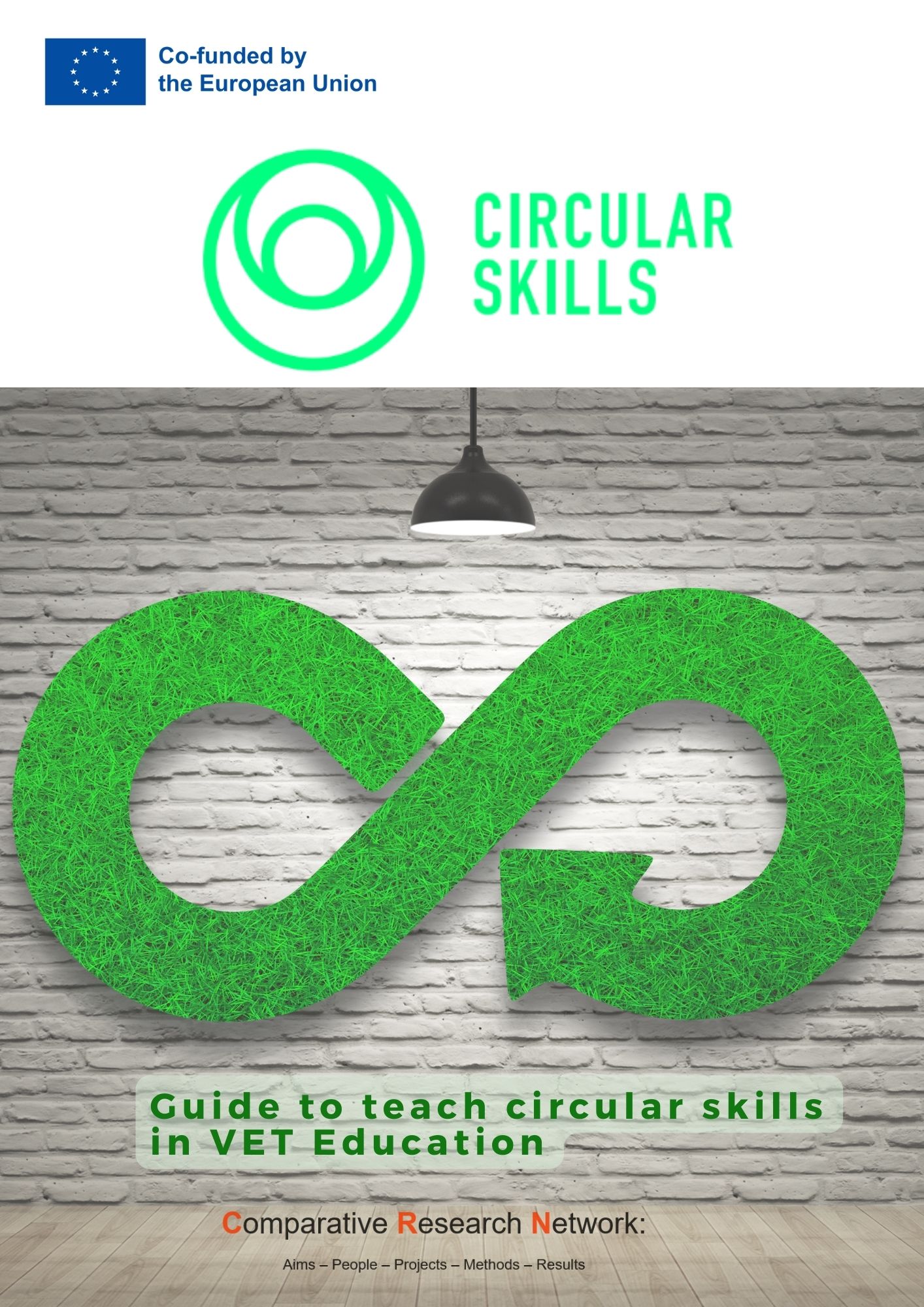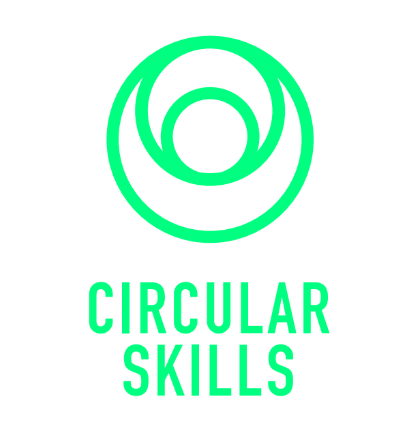Like all major transitions in human history, the shift from a linear to a circular economy will be a tumultuous one. It will feature heroes and pioneers, naysayers and obstacles, and moments of victory and doubt. If we persevere, however, we will put our economy back on a path of growth and sustainability. ” Frans van Houten
The European Commission adopted an ambitious Circular Economy Package, that will help stimulate Europe’s transition towards a circular economy, foster sustainable economic growth and generate new jobs. The Package consists of an EU Action Plan for the Circular Economy that establishes a programme of action, aimed to “closing the loop” of products through recycling and re-use.
CIRCULAR SKILLS understands, that this is a multi-faces challenge. For the economy to become truly circular, all stakeholders need to get involved: public authorities, businesses, trade unions, civil society and especially educators and trainer. We want future educators to be able to combine circular economy expertise with their own competence. We believe that when today’s learners are ready to enter employment, the circular economy will be the only way of operating.
CIRCULAR SKILLS will be combined out of three phases and will produce three products (intellectual outputs). The first phase will be a desktop-research on identifying smart practices in teaching and applying circular economy principles. Parallel a need assessment will be launched to understand the demands of the education provider and the learners in the partnership countries. The results will be presented at Transnational Meetings and will result in an assessment system for smart practices, suited for the self-assessment of educators.
The collected practices are reviewed and used to co-design three training modules:
helping SMEs to adapt to the main aspects of the circular economy,
focused on learners, providing them with the skills to apply circular economy principles in their work life,
helping socio-economic disadvantaged learners to gain the skills to start their own businesses.
The training modules will be tested in co-creation labs and will be presented to the wider public in multiplier events.
Further results will be:
A Smart Practice Report published as an ebook
A self-assessment questionnaire
A methodology to implement and run co-creation labs in vocational training
A trans-European network of experts on the circular economy
An Interactive, open database on circular skills.
The project is targeted on trainer, teacher and learner in VET. The smart practice assessment is based on the ‘Eightfold Path analysis’ developed by Bardach:
the partnership develops a realistic expectation by getting to know the field.
We analyze practices and compare them with a criteria Catalogue.
We test the practice.
We create a SWOT analysis and reflect on the transferability.
We document and review the practices with recommendations on where and how to use them.
The sustainable use of the results is crucial for CIRCULAR SKILLS. Collecting and documenting the methodology in training modules is considered by the partnership as a first step. The methods will be the source of the curriculum. Since the results are relevant for all education sectors and provide Pathways for the recognition of the importance of circular life skills will be explored for access programmes. The project will have established links with researchers and innovative thinkers in Universities within and beyond the EU.
The continuing development of a European network of circular co-creation hubs will enable a wide sharing of the training modules and will enable users’ skills which will ensure that this circular economy continues to go forward with strength, recognition and provide a pathway to further education, mobilisation and greater social innovation.









